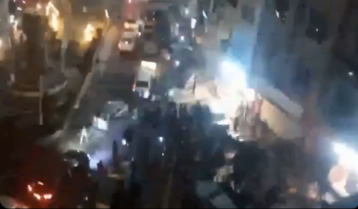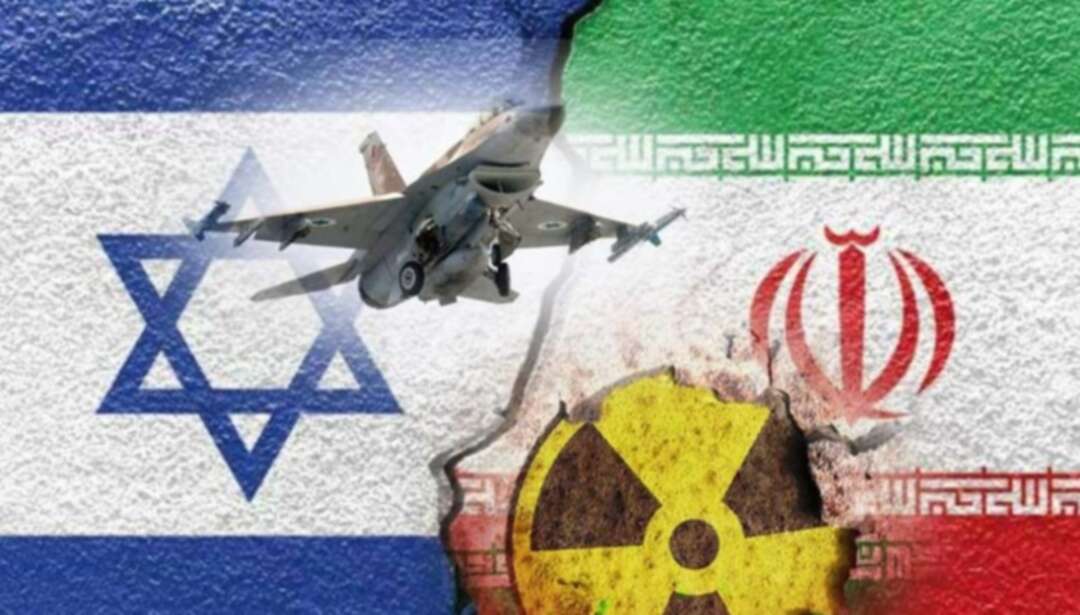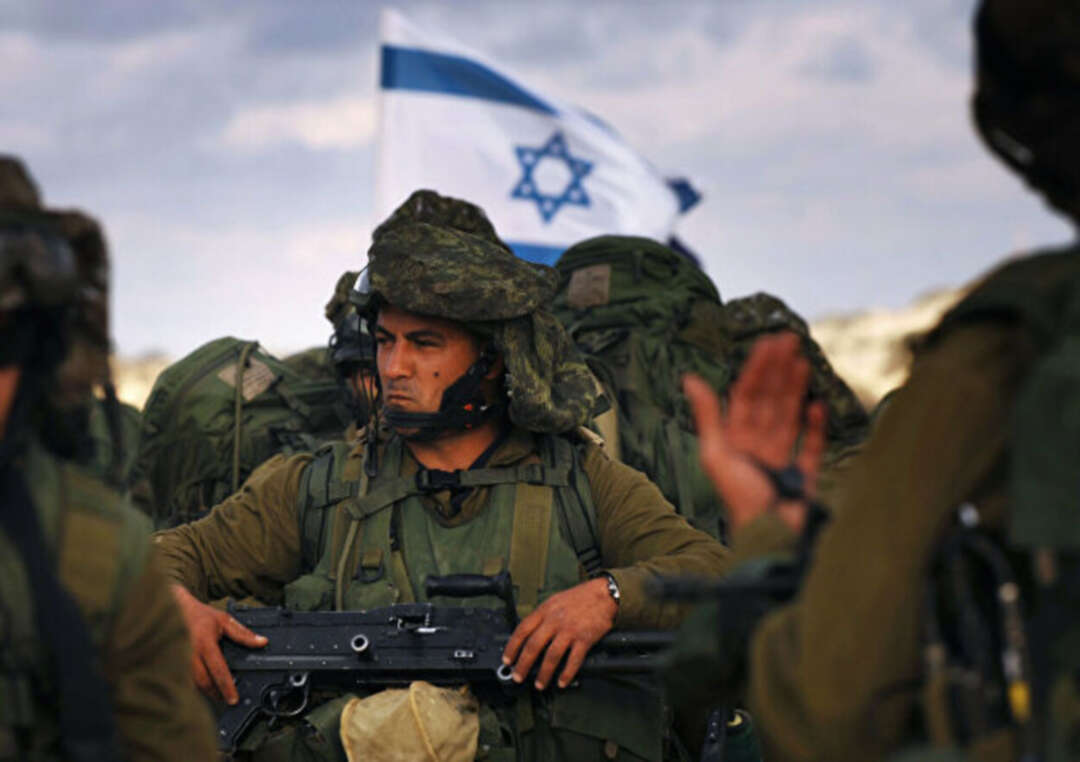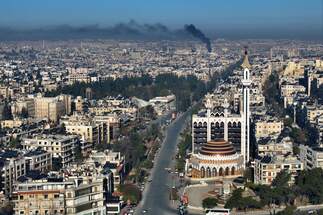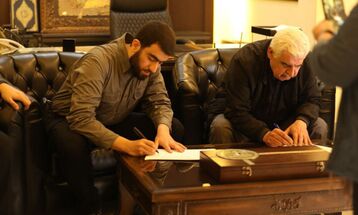-
Controversial statements: Tehran disavows Houthi attacks on international shipping
-
Iran's claim of inability to control Houthi actions contradicts documented reports of ongoing military and financial support, raising questions about the true nature of Iran's position and its relatio
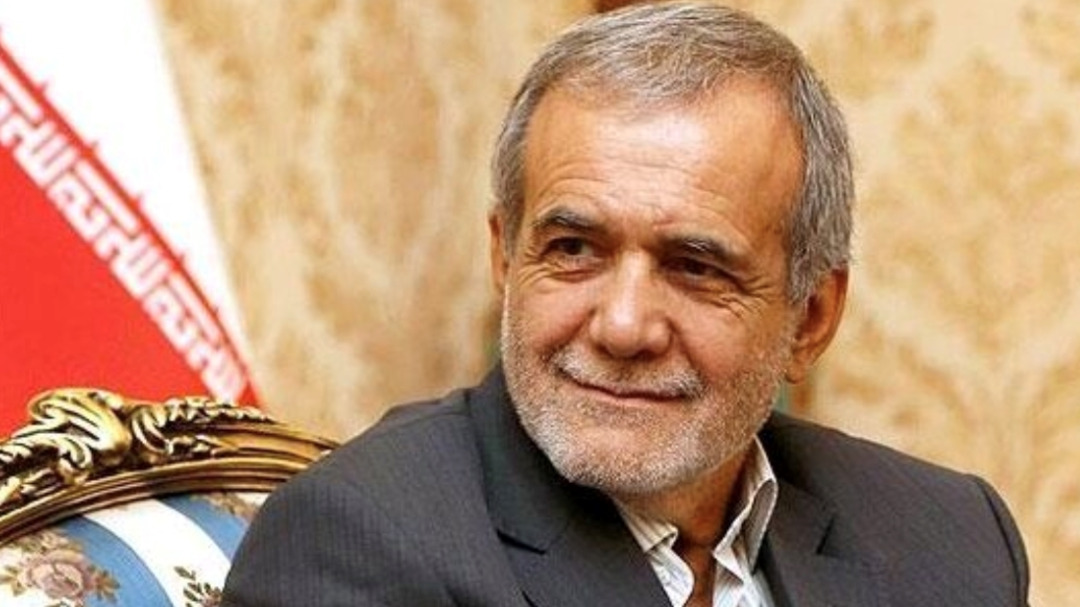
The Iranian President sparked wide controversy during his press conference on Monday with American media in New York, where he attempted to disavow his country's responsibility for the actions of the Houthis in Yemen.
The President stated that the Iranian government "does not seek to expand the war in the Middle East," claiming that the Houthis in Yemen "do not listen to orders from the Iranian government."
Bzeshkian claimed that the Houthi group in Yemen enjoys independence in decision-making and carrying out repeated attacks on commercial ships in the Red Sea, adding: "It's not that the Houthis are waiting in Yemen until we tell them what to do or not to do."
He continued: "Even within our country, there are those who disagree with us and have their own beliefs. We try to prevent extremism and reckless behavior within our country, so how can we control those outside who are motivated by their beliefs and feelings? They cannot listen to us."
These statements come at a time when the Houthis in Yemen are considered part of Tehran's proxy forces in the ongoing war in the Middle East, and receive financial and military support from the Iranian government, according to Western and regional intelligence reports.
According to the German news agency "Deutsche Welle," this group has so far launched dozens of attacks on ships passing through the Red Sea, including the oil tankers "Sunion," "Delta Blue," and "Delta Atlantica," which resulted in the sinking of at least two ships and the death of three crew members.
The agency reports that the Iranian-backed Houthi group, which controls the most populous areas in Yemen, continues to carry out drone and missile attacks on ships passing through the Red Sea and the Gulf of Aden since the first weeks of the current war in Gaza, claiming support for the Palestinians.
In this context, studies conducted by prestigious American research centers pointed to the continuation of Iranian support for the Houthis, confirming that "the relationship between Iran and the Houthis goes beyond mere logistical support to reach the level of strategic coordination."
Iran's attempts to disavow responsibility for the Houthis' actions come at a time when international pressure on Tehran is increasing. On the other hand, Gulf diplomatic sources confirm that the Iranian President's statements do not reflect the reality on the ground, and that Iran bears full responsibility for destabilizing the region through its support for armed groups.
The developments highlight the complexities of the regional scene and raise questions about the future of Iranian influence in the region, especially in light of increasing international efforts to secure navigation in the Red Sea and protect global economic interests. Questions remain about the sincerity of Iranian statements and their impact on the course of events in the region.
Levant - Agencies
You May Also Like
Popular Posts
Caricature
BENEFIT AGM approves 10%...
- March 27, 2025
BENEFIT, the Kingdom’s innovator and leading company in Fintech and electronic financial transactions service, held its Annual General Meeting (AGM) at the company’s headquarters in the Seef District.
During the meeting, shareholders approved all items listed on the agenda, including the ratification of the minutes of the previous AGM held on 26 March 2024. The session reviewed and approved the Board’s Annual Report on the company’s activities and financial performance for the fiscal year ended 31 December 2024, and the shareholders expressed their satisfaction with the company’s operational and financial results during the reporting period.
The meeting also reviewed the Independent External Auditor’s Report on the company’s consolidated financial statements for the year ended 31 December 2024. Subsequently, the shareholders approved the audited financial statements for the fiscal year. Based on the Board’s recommendation, the shareholders approved the distribution of a cash dividend equivalent to 10% of the paid-up share capital.
Furthermore, the shareholders endorsed the allocation of a total amount of BD 172,500 as remuneration to the members of the Board for the year ended 31 December 2024, subject to prior clearance by related authorities.
The extension of the current composition of the Board was approved, which includes ten members and one CBB observer, for a further six-month term, expiring in September 2025, pending no objection from the CBB.
The meeting reviewed and approved the Corporate Governance Report for 2024, which affirmed the company’s full compliance with the corporate governance directives issued by the CBB and other applicable regulatory frameworks. The AGM absolved the Board Members of liability for any of their actions during the year ending on 31st December 2024, in accordance with the Commercial Companies Law.
In alignment with regulatory requirements, the session approved the reappointment of Ernst & Young (EY) as the company’s External Auditors for the fiscal year 2025, covering both the parent company and its subsidiaries—Sinnad and Bahrain FinTech Bay. The Board was authorised to determine the external auditors’ professional fees, subject to approval from the CBB, and the meeting concluded with a discussion of any additional issues as per Article (207) of the Commercial Companies Law.
Speaking on the company’s performance, Mr. Mohamed Al Bastaki, Chairman BENEFIT , stated: “In terms of the financial results for 2024, I am pleased to say that the year gone by has also been proved to be a success in delivering tangible results. Growth rate for 2024 was 19 per cent. Revenue for the year was BD 17 M (US$ 45.3 Million) and net profit was 2 Million ($ 5.3 Million).
Mr. Al Bastaki also announced that the Board had formally adopted a new three-year strategic roadmap to commence in 2025. The strategy encompasses a phased international expansion, optimisation of internal operations, enhanced revenue diversification, long-term sustainability initiatives, and the advancement of innovation and digital transformation initiatives across all service lines.
“I extend my sincere appreciation to the CBB for its continued support of BENEFIT and its pivotal role in fostering a stable and progressive regulatory environment for the Kingdom’s banking and financial sector—an environment that has significantly reinforced Bahrain’s standing as a leading financial hub in the region,” said Mr. Al Bastaki. “I would also like to thank our partner banks and valued customers for their trust, and our shareholders for their ongoing encouragement. The achievements of 2024 set a strong precedent, and I am confident they will serve as a foundation for yet another successful and impactful year ahead.”
Chief Executive of BENEFIT; Mr. Abdulwahed AlJanahi commented, “The year 2024 represented another pivotal chapter in BENEFIT ’s evolution. We achieved substantial progress in advancing our digital strategy across multiple sectors, while reinforcing our long-term commitment to the development of Bahrain’s financial services and payments landscape. Throughout the year, we remained firmly aligned with our objective of delivering measurable value to our shareholders, strategic partners, and customers. At the same time, we continued to play an active role in enabling Bahrain’s digital economy by introducing innovative solutions and service enhancements that directly address market needs and future opportunities.”
Mr. AlJanahi affirmed that BENEFIT has successfully developed a robust and well-integrated payment network that connects individuals and businesses across Bahrain, accelerating the adoption of emerging technologies in the banking and financial services sector and reinforcing Bahrain’s position as a growing fintech hub, and added, “Our achievements of the past year reflect a long-term vision to establish a resilient electronic payment infrastructure that supports the Kingdom’s digital economy. Key developments in 2024 included the implementation of central authentication for open banking via BENEFIT Pay”
Mr. AlJanahi concluded by thanking the Board for its strategic direction, the company’s staff for their continued dedication, and the Central Bank of Bahrain, member banks, and shareholders for their valuable partnership and confidence in the company’s long-term vision.
opinion
Report
ads
Newsletter
Subscribe to our mailing list to get the new updates!


